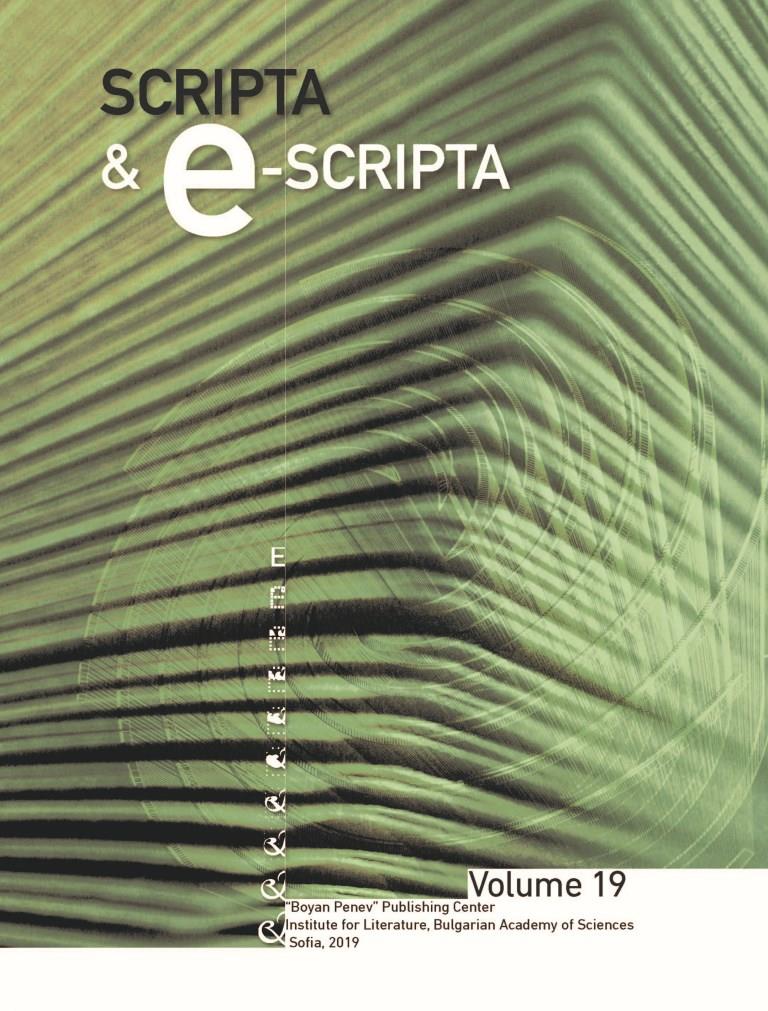Axiological Aspects of Concept “Justice” in the History of Bulgarian Language and Culture
Axiological Aspects of Concept “Justice” in the History of Bulgarian Language and Culture
Author(s): Vanya MichevaSubject(s): Language studies, Language and Literature Studies, Theoretical Linguistics, Studies of Literature, Philology, Theory of Literature
Published by: Институт за литература - БАН
Keywords: justice; history of Bulgarian language; Christianity; Pre-Renaissance
Summary/Abstract: The paper examines the semantic realizations and verbalizations of the concept of justice in the history of Bulgarian language and culture. It studies linguistic facts from 9th-11th century Old Bulgarian manuscripts and 17th century Modern Bulgarian damascenes. The system of words and phrases that present the concept of justice and its distribution in different cultural contexts are analyzed in relation to Christian ideas in the Middle Ages, the cultural situation in the 17th century and new ideas of the period before the National Revival. The most important feature of the concept of justice is the precept that God is always a fair judge. However, human behavior is dualistic: one can be just and righteous and abide by Christian requirements and another can be unjust and act against God according to his own interest.
Journal: Scripta & e-Scripta
- Issue Year: 2019
- Issue No: 19
- Page Range: 317-326
- Page Count: 10
- Language: English
- Content File-PDF

